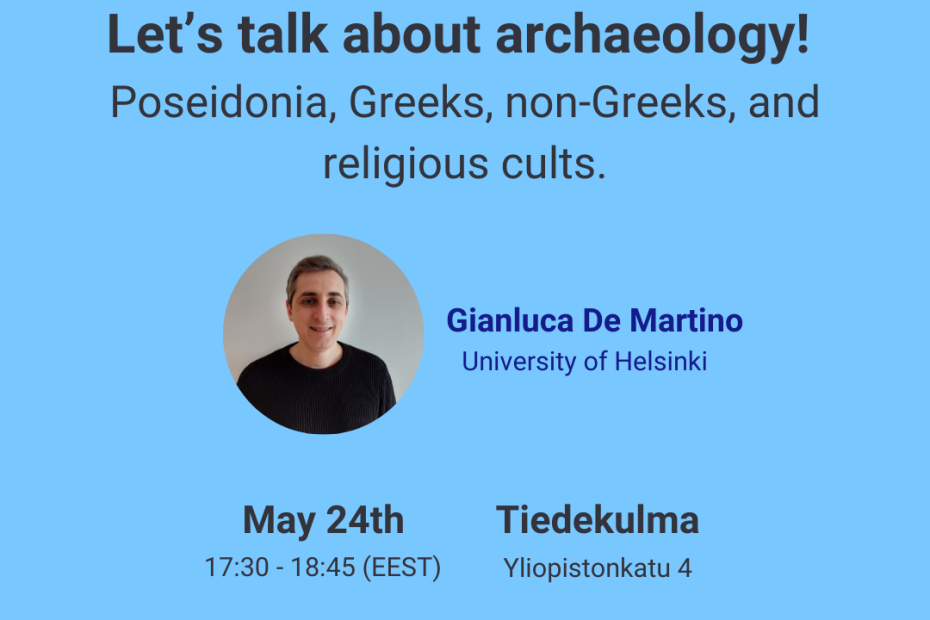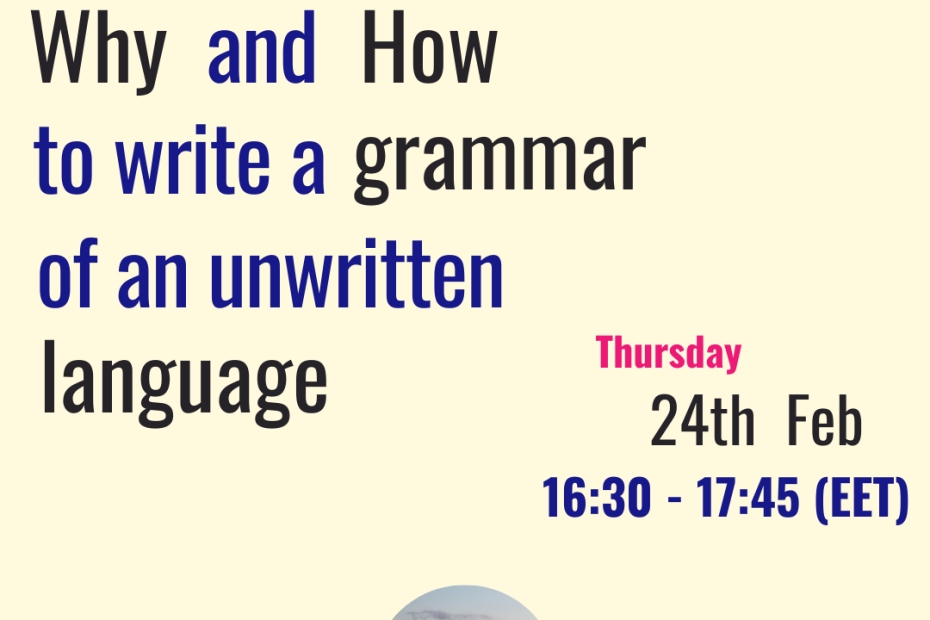Poseidonia, greeks, non-greeks & religious cults: let’s talk archaeology!
Traditional historical and archaeological researchers have long thought that Ancient Greek colonies were ethnically and culturally exclusively Greek. In fact, they figured that Greek culture dominated over that of bordering nations and was immune to outside influences like neighboring non-Greek populations. But was that actually the case? The cult of goddess Hera in the Greek colony of Poseidonia, Southern Italy, offers a different perspective. Surprisingly, even religion, which is typically conservative as it defines its worshippers, showed signs of outside influence. This month Gianluca will share how he interprets offerings to the goddess Hera and excavation reports to piece together the potential dynamics of ancient Greek colonization, and to understand the role played by non-Greek populations in the life and development of “Greek” colonies.

